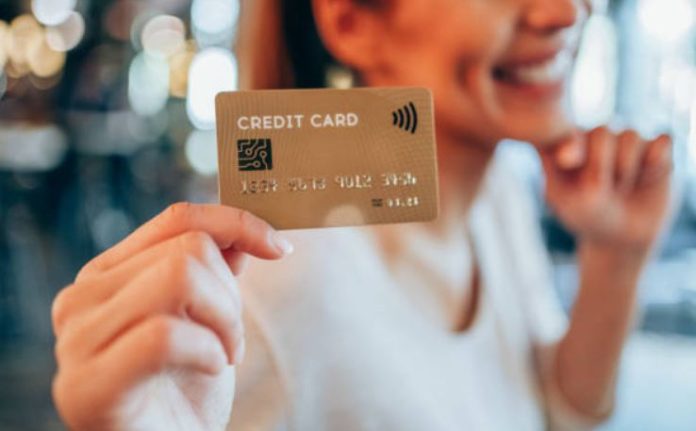Practically everyone in the United States has credit cards. From teenagers to retirees, almost everyone has at least one credit card. Everywhere we go we see ads – in the television, radio, newspapers, billboard advertisements – on credit cards.
Some credit cards are even mailed directly to our homes. But what are credit cards, why should you have one and what are some of the risks involved?
Simply stated, a credit card is a financial arrangement between you, the consumer or the cardholder, and an institution such as a bank. The arrangement specifies that you borrow money from the lending institution with the promise that you will pay them back in the future.
The institution agrees that it will provide the money you need and in-turn you are expected to return payment over a certain period of time.
Your payment will include not just the amount of money you borrowed, but also an additional charge based on a pre-defined rate of interest.
Credit can provide various services, making it an indispensable tool for today’s consumers. These include:
Convenience. You saw this wonderful dress in a shop. Perfect for tonight’s party, you thought. But you don’t have money right now. Thanks to your card, you can buy anything you want right now.
Credit cards give you that wonderful allowance not to bring that much cash and to order goods from catalogs. In addition, many of the online-based shops and stores, such as Amazon.com, mainly accept payment using credit.
Emergency Protection. For an emergency situation, credit cards can be an extremely helpful tool that could be your friend that could pay for your emergency needs, like when your car conked out in the road, or your mother gets hospitalized, or any emergency situations that you need money but can’t get it from the usual means.
Putting you in the right budget. Want to keep a detailed record of your expenditures? Credit cards can do that.
Security. In today’s world, carrying large cash has become a problem. If your cash gets lost, there’s no way you can retrieve it. Compared with credit cards, money cannot be returned back when it got lost or stolen.
If your card, for example, got broken or it got lost or someone stole it from you, you can always ask for a credit card termination or cancellation. You will have another card, a new one that will replace it in a few days.
Traveling. If you’re quite a traveler, whether across the town or country or outside the US, it is relatively easier to travel with a credit card.
When used responsibly, credit cards can help improve our daily lives. With credit cards, life can be much easier. However, the joy of using credit cards can quickly change to a curse!
Are you starting to get notices from creditors to pay or “else”? Are you worried that you might lose your properties like your house because of credit debt? Chin up: Dealing with credit card debt is not as hard as you may think.
And, if there’s any consolation, you’re not the only one facing such situations. At some point, many people like you face financial crises with credit card debt.
Here are some simple tips to help you cope with your credit card debt:
Make a Budget.
If you want to have a grab of your financial situation before you lose everything, making a budget is what you should do first. Assess how much do you get from your income or other means and your expenditures.
For example, if getting that posh apartment means you have to limit your meals to once a day, then it is not a great and sound budgeting decision. Your goal is to ensure that you can answer all the basic necessities: food, housing, clothes, health-related costs, among others.
Contact Your Creditors.
Remember: Running away from your creditors is not the answer. It is not a solution, and may in fact lead you to bigger problems. If you are having trouble paying off your debts, address this immediately with your creditors.
State to them sincerely and fully the reason why it has become hard for you to pay these debts, and check if they could give you a revised payment arrangement that will put you at ease on your payment terms.
Do not let creditors turn over your situation to someone or an agency to do the collecting for them, as this means that they have given up on you.
Address Debt Collectors.
There is a law that gives certain conditions for debt collectors as to when and how they should ask you to pay. The federal law, Fair Debt Collection Practices Act, clearly states that those collecting debts may not bug you, give false assertions, or do practices that are not fair when they are getting to collect money from you.
Get Credit Counseling.
You could also consider getting the aid of groups or institutions that will help you with your problems. If you managed to have an improved payment arrangement of your debt with a good credit counseling organization, creditors may approve of your proposition and accept your modified arrangement plan.
Bankruptcy.
Generally, personal bankruptcy is known as the last choice to fix your ballooning credit debt. A bankruptcy unfortunately stays on your financial information report for years. Getting additional credit, buying a house, sometimes even getting a job might be hard for you. Technically, however, it is a legal way of addressing your credit debt.
Enjoy the use of credit to make your life easier. BUT don’t let it become a nightmare! Learn to use your credit responsibly.

